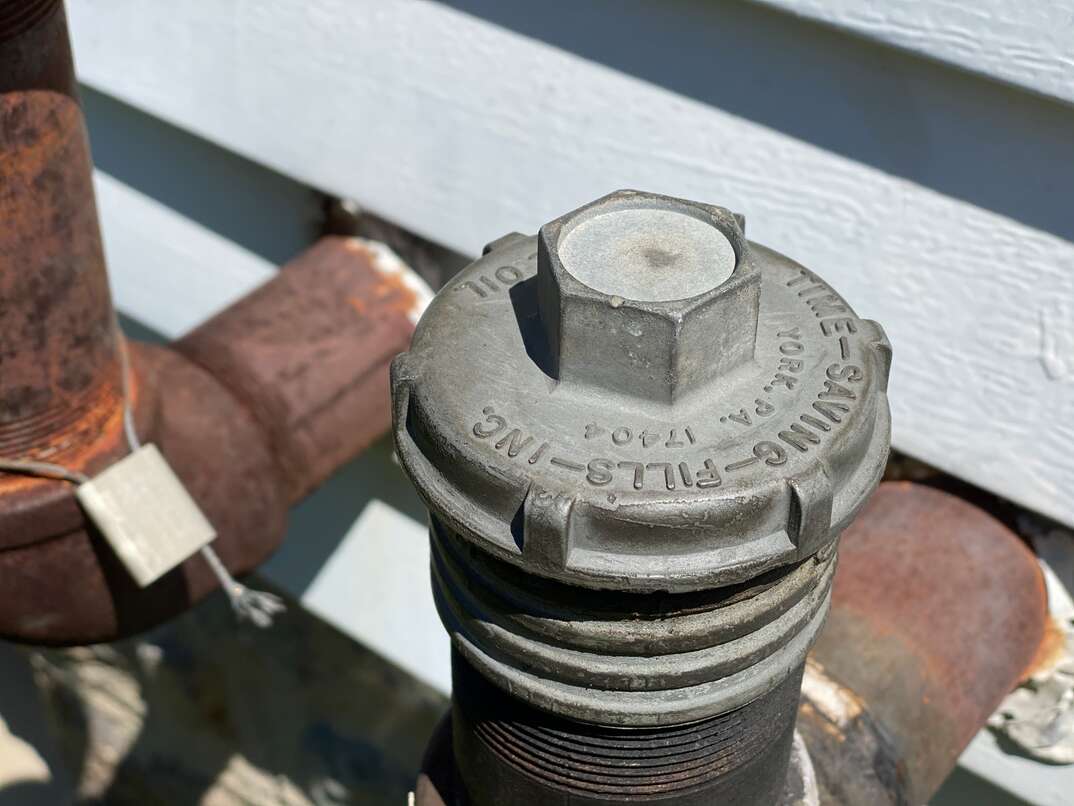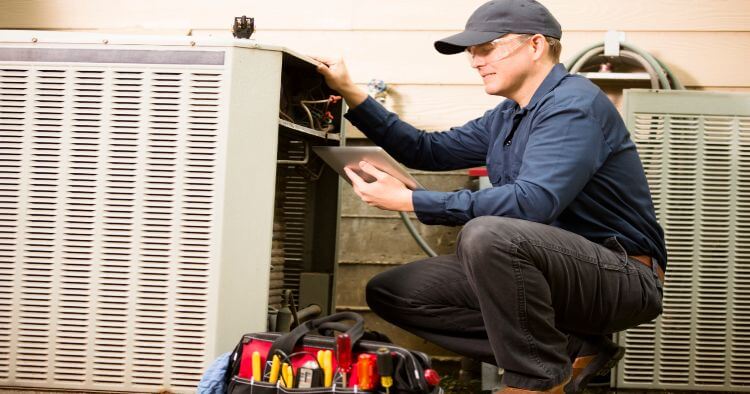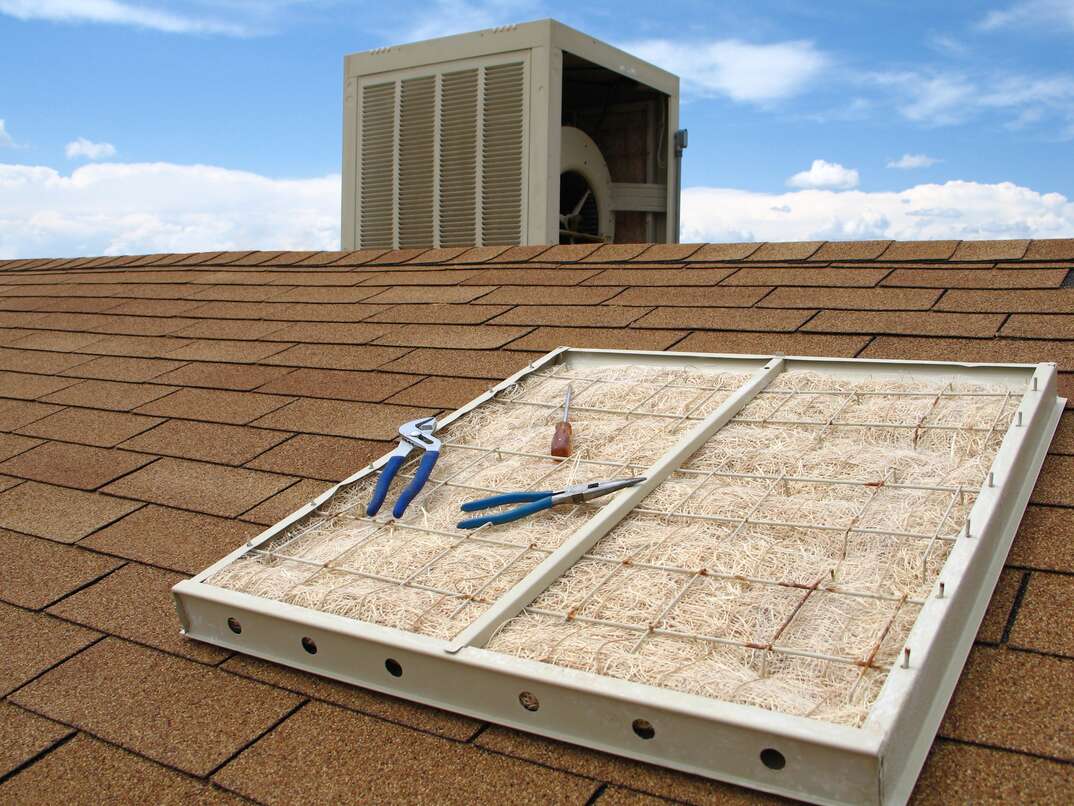How Does Heating Your Home With Oil Work — and Who's Still Using It?
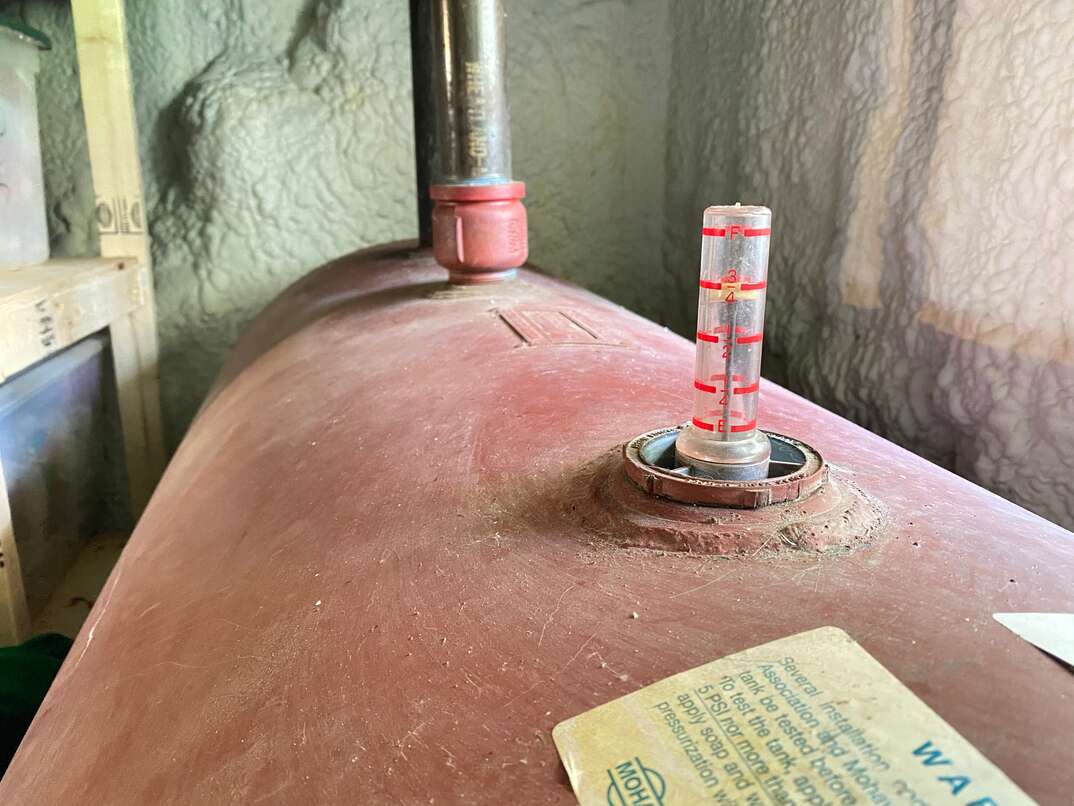
Heating your home with oil may seem … well, a little old-timey. There are a lot of myths circulating about home heating oil, but modern heating technology has made oil one of the safest and most cost-effective choices on the market. For this reason, oil heating systems being installed in more new homes. If you’re looking to purchase a home, you might run into one of them.
This May Also Interest You: What Is the Difference Between Propane and an Oil Furnace?
So, how does oil heat work? Here's what you need to know.
Is It Expensive to Heat a Home With Oil?
Modern oil heating systems are more efficient and economical than natural gas or electric heating systems. How much you can save on your utility bill varies by region and usage, but you could see savings of around 5%. These heating systems also last longer, which means you won’t need to pay to replace them as often. In fact, an oil heating system can last up to 30 years, while other systems need to be replaced every 10 to 15 years.
How Does Oil Heating Work?
The way your oil heat works varies based on what type of system you have. There are two different types of heating systems that use oil:
- Boiler Systems: These systems use heated water to warm your home. The oil is sent from the tank to the burner through a pump. The burner heats up water that is sent throughout your home via radiators and baseboards. Once it cools down, the water is then recycled through the system, reheated and distributed throughout your home again.
- Furnace Systems: Instead of using water to heat your home, a furnace uses hot air. Oil is burned instead of natural gas, and the resulting hot air is distributed throughout your home via your duct system. This is the more popular of the two oil heating systems.
While oil heating systems don’t need to be replaced frequently, you’ll need to make sure that you’re performing regular maintenance on them to keep them working efficiently. When well-maintained, they can be much more effective than traditional heating systems. They can also save you money. These types of heating systems are most popular in the Northeast U.S., where residents experience harsh winters.
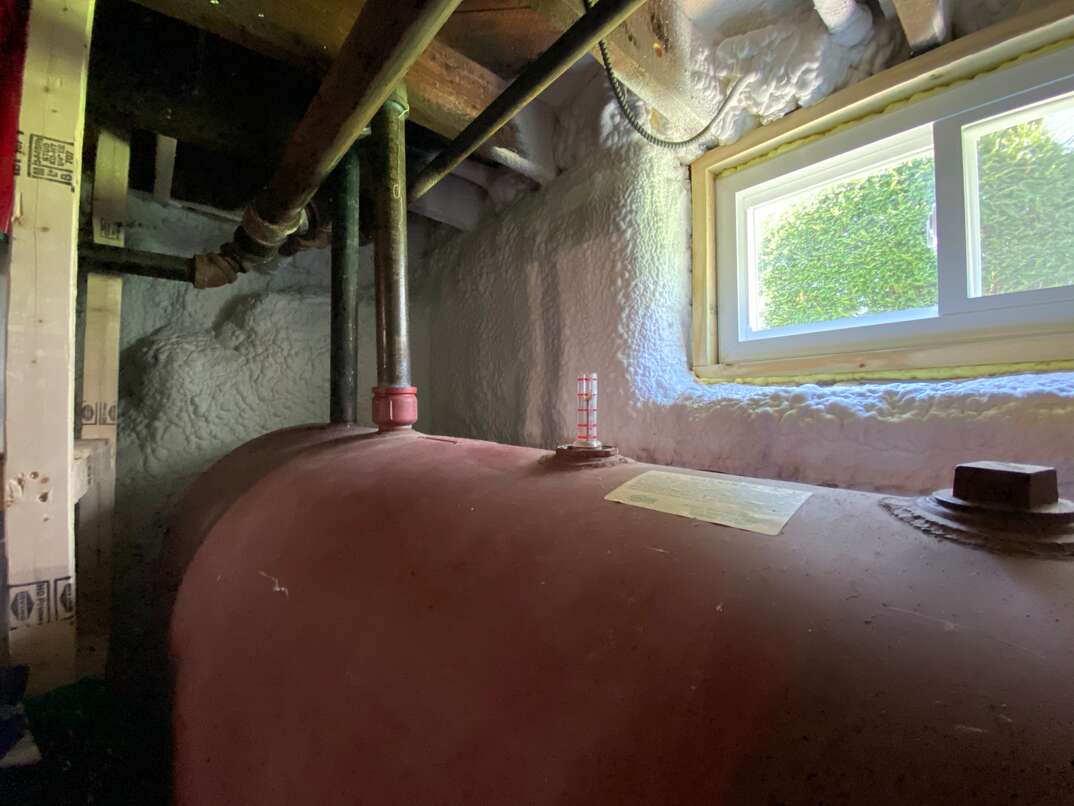
More Related Articles:
- How Much Does It Cost to Install a Furnace?
- Need a New Furnace? Here's What You Should Know
- How Much Does It Cost to Install or Replace a Boiler?
- Everything to Know About Boilers
- What Is the Difference Between a Furnace and a Heat Pump?
Is Heating a Home With Oil Bad for Your Health?
You may wonder whether having an oil heating system is more dangerous than using natural gas or electricity. The type of oil used for heat is more environmentally friendly than natural gas, burns cleanly and is not a safety hazard. The oil is stored in a tank that minimizes the risk of fires or explosions, and even if you have a leak, the oil has a high flashpoint and won't ignite easily.
Compared to natural gas, an oil system poses fewer environmental risks. One of the biggest concerns for natural gas heating systems is that, if there is a leak, you may be susceptible to carbon monoxide poisoning. This risk is not present with oil systems.
Should I Buy a Home With Oil Heat?
Because modern home heating oil systems are safer, friendlier to the environment and more economical, buying a home with one of these systems shouldn't be a problem at all. An oil heating system may actually be an advantage to you and your wallet, as long as you educate yourself on what is required to maintain and operate it.
